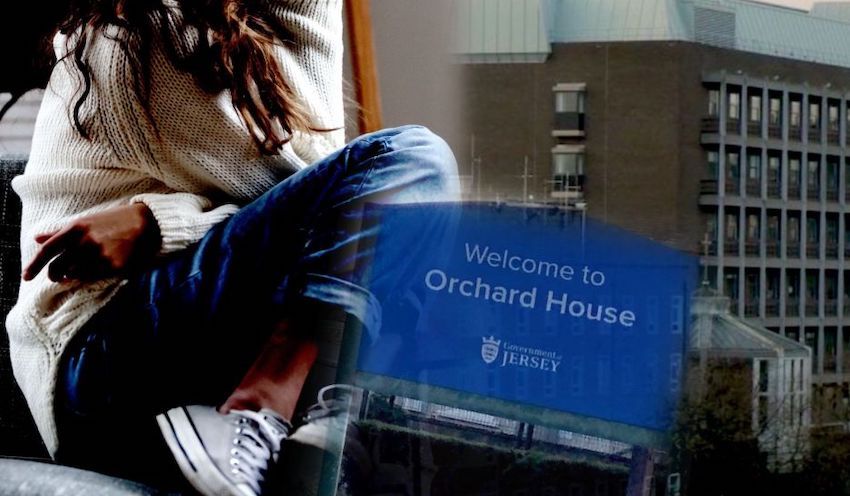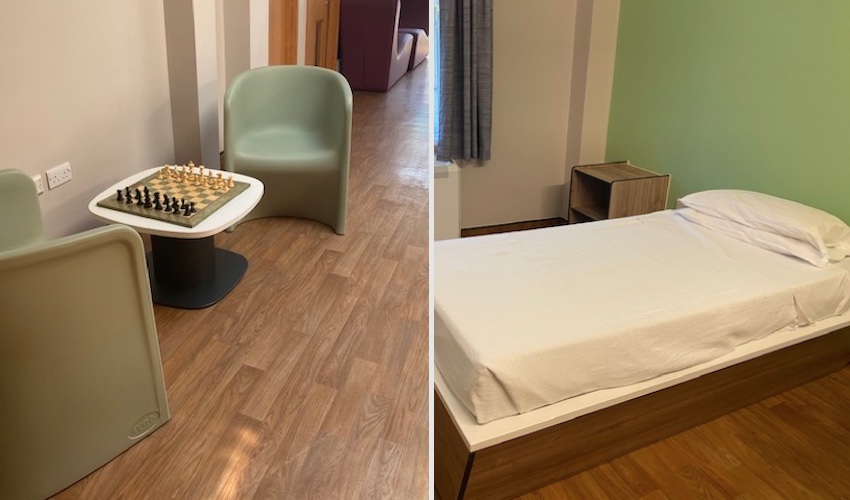


High occupancy rates across Jersey’s mental health wards remains a "challenge" due to increased demand and delayed discharges caused by a lack of onward care in the community, new Government figures have shown.
Occupancy rates at Jersey’s adult acute mental health ward, Orchard House, topped 108% in March this year, requiring the Health and Community Services Department to temporarily increase bed capacity.
Healthcare standards state that occupancy rates must remain below 88%, but Orchard House did not meet this benchmark in August, September and November 2021, or February and March 2022.
The figures were contained in the Government's recently published Quality and Performance report into Jersey’s healthcare services between March 2021 and March 2022. The reports are now made public regularly following challenges by Express - Health officials had previously declined to release them over fears about how they would be reported in the media.
“Occupancy across our mental health wards remains a challenge,” the latest report reads.
“Work is underway to address this, with a particular focus on the group of service users who no longer need to be in the ward but are awaiting an alternative placement/pathway.”
The Government of Jersey said that occupancy had been “exceptionally high” during March, forcing the mental health service to use beds in the older adult facility at Beech and Cedar wards.

Pictured: Inpatient demand at Orchard House was so high in March that bed capacity was increased to cope.
The Health and Community Services department is also reviewing the number of delayed discharges.
“A significant percentage of service users within the older adult bed base are now considered ‘delayed’ in hospital as a result of challenges in obtaining appropriate community placements.
“This is an ongoing issue and work is underway to explore potential solutions to this.”
The report also showed a rise in the number of people waiting for an assessment with Jersey Talking Therapies (JTT), reflecting a significant increase in the number of referrals.
In March, 118 people were referred to JTT, compared to a monthly average of 100.
Of those users who started treatment in March, 41.4% had to wait more than 18 weeks.

Pictured: The waiting list for Jersey Talking Therapies has also increased as a result of staff vacancies and increased demand.
"Despite this, there are 0% waiting for assessment over 90 days and only 3% of clients attending for assessment who waited over 90 days in March," the report says.
This long waiting list has been attributed to staff vacancies, increased demand and the volume of users needing longer therapy sessions.
“We are hoping to alleviate this through recruitment and sourcing additional capacity into the service.”
Comments
Comments on this story express the views of the commentator only, not Bailiwick Publishing. We are unable to guarantee the accuracy of any of those comments.